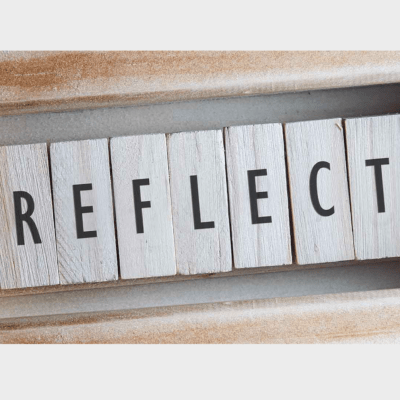Reflective writing involves critically analysing an experience, understanding how it has affected you and deciding what you can do to improve in the future (University of Cambridge, 2019). Reflective practice is learning from and through experience to gain new insights of self and practice (Finlay, 2008). This is essential for self-growth and development especially as a professional.
I have never used reflective writing before as I completed A levels which didn’t include coursework or assignments; however, we did peer mark and self-mark exams which I found valuable to help me understand where I went wrong and how I could improve to get better marks.
By doing reflective writing at university, I have improved my academic skills and I have been able to understand module content more in depth. It has helped me understand how to develop my study skills and reflect on previous exams and assignments to do better in the future.
In artefact A, I reflected on my canine handling skills, this allowed me to look at my past experiences and analyse them to see how I would improve now and, in the future, whether it be in university or in my future career. For example, in a therapy setting, you could reconsider options for treatments or exercises by reflecting on the current ones and adapting these to produce the best outcome for the client. In artefact C, I reflected on the introduction to biomechanics module, this was useful because I learnt that I procrastinate more than I should and that I need to give myself more time to revise and do assignments.
I find reflective writing particularly beneficial because it allows me to identify my strengths and weaknesses and recognise areas for improvement. This has helped in my studies as I have researched how to procrastinate less by keeping a consistent routine and recognising my productivity cycles (Itamar Shatz, 2019) as well as adapting my revision techniques to better suit me. I have seen a positive effect on my use of references and time management since reflecting on my previous work. Overall, I feel my reflective writing has slightly improved since first starting university and I’m looking forward to improving myself and my writing more and comparing them to when I started.
Reference List:
Cambridge International Education Teaching and Learning Team (2019). Getting Started with Reflective Practice. [online] https://cambridge-community.org.uk
Itamar Shatz (2019). How to Stop Procrastinating: https://solvingprocrastination.com/how-to-stop-%20procrastinating/.
University of Cambridge (2019). https://libguides.cam.ac.uk/reflectivepracticetoolkit/reflectivewriting.

